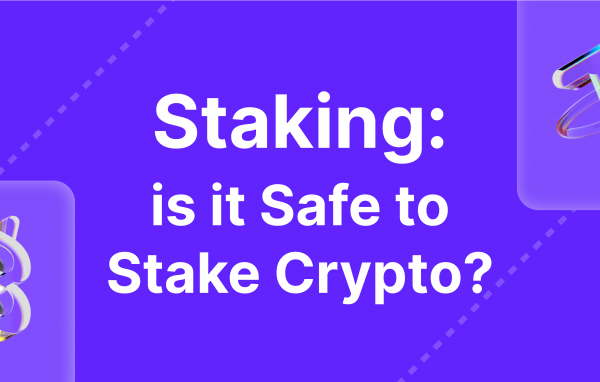Mobile commerce is sweeping into various industries. The advent of smartphone and digitization have made shopping easy. But the penetration goes wrong when the population misuses the system. Currently, 2% of alcohol is sold in the US online. Under-age buyers buy restricted goods such as e-cigarettes, tobacco, cannabis, alcohol, knives, games, etc. online by using the credit card of their parents without the knowledge of parents. These must be regulated beforehand as it is a regulatory requirement as well to put age checks in online websites to avoid minors from accessing age-restricted products.
today, age verification checks are not stringent, only age affirmation pages appear which can easily be bypassed by minors, or a pop up comes that asks for age details from the minors and can be deceived easily. It is evident that entering a date of birth of checking the box is not a strong approach towards avoiding minor entry into the system. So how can online merchants protect themselves from smart minors?
Age verification using Smartphones
Today smartphones and their underlying technologies can be used to verify the age of customers. Merchants can integrate age verification service with their system and using a smartphone and the online buyers can verify age in real-time. Mobile technology is used to prevent under-age buyers from accessing inappropriate content and goods online.
Most commonly these six industries are in dire need of implementing age verification systems to verify the age of each onboarding customer in real-time.
- Tobacco
Before the checkout and proceeding to the payment process, e-retailers should take in place the age verification of customers. According to Prevent All Cigarette Trafficking (PACT) Act, minors age verification is necessary for online retailers to make sure that no under-age buyers buy goods from their platforms that are age-restricted.
- Pharmaceuticals
For pharmacies in the future, age verification is crucially important. With an identity verification program, a retailer can verify the age of customers by integrating its system with the API given by age verification system providers. Using an official identity document, a buyer can purchase medicine and can filter out the minors by accessing their date of birth from the provided document. Taking advantage of technological advancements, techniques, and algorithms, the information from the document is extracted in real-time that verifies the parameters needed by the e-store.
- E-cigarettes
In approximately 40 states, sales of e-cigarette have been banned and websites are under scrutiny with respect to their measures of restraining sale to minors. As e-cigarettes are harmful to health therefore regulatory authorities are all stringent and have tightened the reins in the world to restrict the under-age buyers from accessing age-restricted stuff online.
- Alcohol
In the US, a user having an age of at least 21 can buy alcohol. It is also found by research that 28% of orders are rejected as a result fo age verification. The retailers that lack proper age verification measures are now integrating their system with age verification API to verify the age of customers online. Hence comply with the regulatory obligations as well as secure the platforms from access of minors.
- Online Gaming
Gaming websites use identity validation to verify each onboarding customer to comply with the regulatory requirements that aim at preventing crimes such as money laundering and another cyber misuse. Now, age verification is a part of identity verification to identify the age of minors. The online gaming sites that used to rely on user-provided information and data from credit/debit cards. Moreover, simplicity in the identity verification process should be introduced to make it a streamlined process for customers.




